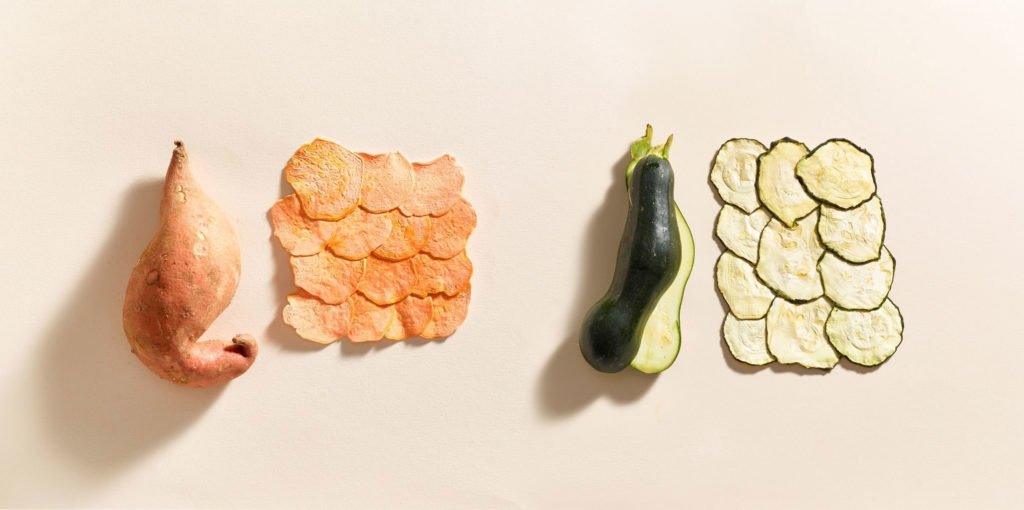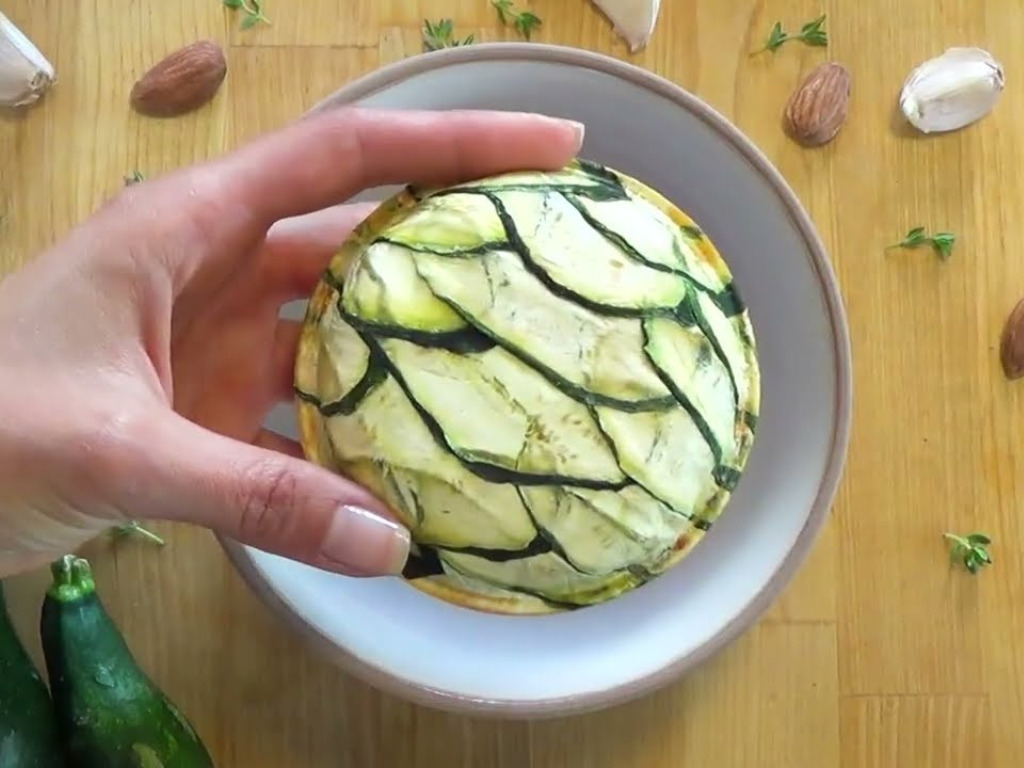Anina Turns Food Waste Into Sustainable Plant-Based Ready-Meals
3 Mins Read
Israeli food tech start-up Anina is using upcycled vegetables to create ready meal “pods” that use up imperfect vegetables for healthy plant-based meals.
About 33 percent of the world’s food is wasted every year—close to 1.3 billion tons. Much of that comes from fruits and vegetables that are misshapen and unlikely to sell at retail. A growing number of companies are diving into this “ugly” vegetable category, reducing food waste and creating secondary revenue market streams for farmers. For Israel-based food tech startup Anina, it’s bringing food waste to its whole, plant-based “meal-in-a-pod” technology.
Unwanted veggies
“Anina is responding to a growing demand for making the most of unwanted veggies, and turning them into something artistic that appeals to the eye and palette,” Anat Natan, Anina co-founder and CEO, said in a statement.
“Anina is making a real impact on the food industry by mitigating food waste and turning it into innovative, plant-based products with an exciting look and feel,” Natan says. “The result is a balanced, delicious meal with all the nutrients you need.”
The meals can be cooked on the stovetop or microwave in a matter of minutes. Each pod contains two cups of vegetables—nearly half the recommended daily intake. The meals are also high in protein, fiber, and free from colorants or preservatives.
“We buy leftover produce directly from farmers,” explains Esti Brantz, who co-founded the company after realizing there was an opportunity to convert local food waste into a solution for the global issue. “This provides them income for vegetables they usually have to discard.”
Patented food tech
Anina uses a patented lamination process for thin slices of vegetables to build its layered pods that are filled with ingredients including herbs and spices, pasta, lentils, and bulgur wheat. It currently offers bowls in three flavors: Mediterranean, Italian Primavera, and Vietnamese.
“We produce these vegetable sheets with minimal processing, preserving the flavors, aromas, colors, and textures of the original vegetable,” says Mor Wilk, VP of R&D for Anina. “The heart of our technology is the creation of vegetable sheets. The flexibility of these sheets enables us to form any 3D structure and create any recipe in a decorative pod, each set to its unique controlled cooking time.”

The technique was developed over two years of testing. Since its launch in 2020, Anina has secured USD $3.3 million in a safe round from Strauss Group by The Kitchen Hub, Unovis, Unorthodox ventures, AgFunder VC, Wordcreate Inc., and the Israeli Innovation Authority. Following a successful product launch in Israel, Anina is now focused on bringing products to the U.S.
“We’re changing the way we eat,” says Natan. “And we’re shaping the future for a meaningful culinary consumer experience. The Anina meal capsule also addresses today’s fast-paced lifestyle, which too often forces consumers to compromise on the quality of the food they eat.
images courtesy Anina




